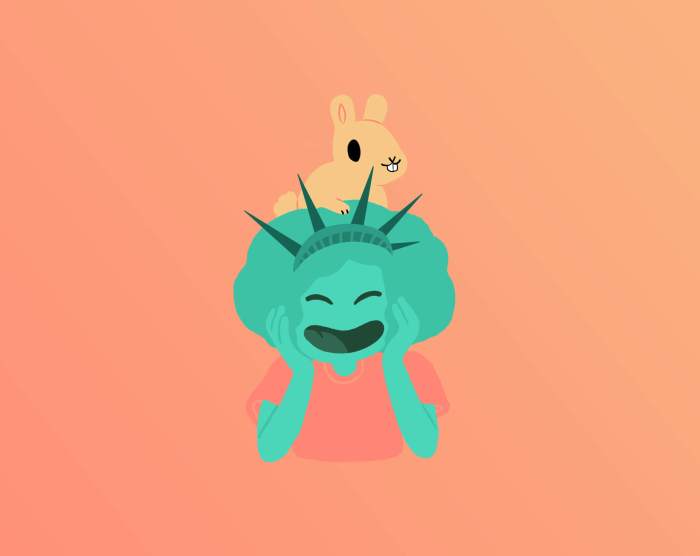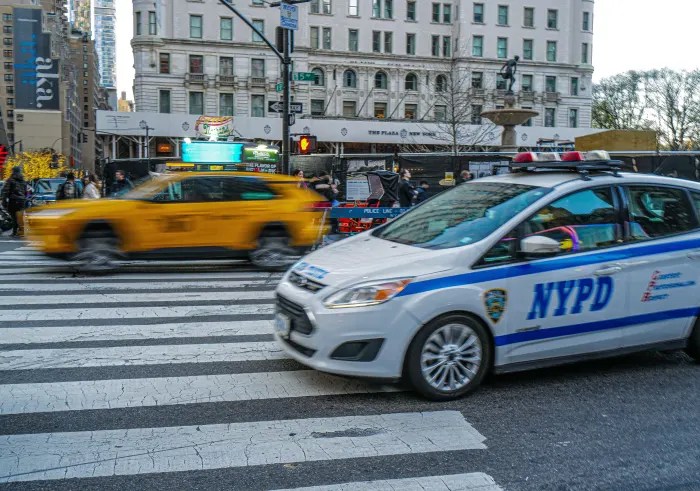 I recently spent an thoroughly enjoyable evening watching Division Avenue High School’s production of Thoroughly Modern Millie. Afterwards I found out that this show had been protested in Levittown and in Huntington by a group of Asian Americans who were concerned that the depiction of Chinese people in this play was insensitive, stereotypical and racist.
I recently spent an thoroughly enjoyable evening watching Division Avenue High School’s production of Thoroughly Modern Millie. Afterwards I found out that this show had been protested in Levittown and in Huntington by a group of Asian Americans who were concerned that the depiction of Chinese people in this play was insensitive, stereotypical and racist.
First, a review of the plot: The story takes place in the 1920s in New York City. The main character, a young woman named Millie, moves to the city from Kansas looking for love and ends up outing a white slavery ring coordinated by a white woman disguising herself as a Chinese woman. The musical, based on a 1967 film starring Julie Andrews and Mary Tyler Moore, debuted on Broadway in April 2002.
I knew nothing of the play before I attended the performance and I must admit that when the actor portraying the “Chinese” boarding house owner started speaking in an awkward Chinese accent, I was quite uncomfortable. I could easily see how this could be offensive to people. But as the scene unfolded, I realized the play was meant to show how offensive such portrayals are in real life. The character, it turn out, was a washed-up actress who tried to impersonate a Chinese woman — and she did it badly. The joke, if one could call it that, was not on the Chinese, but on the woman. And the actor who played the part did it without disrespect.
There are two other Chinese characters in the play, her assistants who reluctantly participate in her schemes. In the Levittown production, these characters were portrayed by Chinese boys — one fluent in Cantonese; the other also did a very good job of speaking and singing in that language. Their disparagement of the boarding house owner was clear: she was a pathetic white woman orchestrating nasty things; they were both oppressed and self-possessed at the same time. All in all, very well acted.
In the end what bothered me was not the play nor the protest. It was the unkind things that people said and posted about the protestors afterwards. I believe the protestors raised some very valid concerns about how Asians are perceived and treated in America. Their protest invites us to consider what we teach our children and our community. They ought not be disparaged or made fun of for raising the issues of racial insensitivity.
High School plays can be instructive. So many dramas and musicals deal with uncomfortable and often politically incorrect subjects. I also enjoyed a recent production of Little Shop of Horrors at MacArthur High school and again was uncomfortable with the scenes referencing the physical and emotional abuse of the main character at the hand of her boyfriend. Little jokes in the script about the abuse which might have gotten laughs in the past were met with brief uncomfortable silences. The “Me Too” movement where women have been coming forth to break the silence about their abuse experiences puts us in a different place than when the play was written.
Plays can be teachable moments. If handled well, they can engage the students and the community in discussions that lead to greater sensitivity. The protests against Millie have done just that, except for the insensitive people who voiced nasty things about the protestors.
On Easter Sunday, hundreds of Christian Asians were killed by terrorist bombs in Sri Lanka. This is the result of ultimate hatred by extremists. While saying bad things about Chinese protestors is in no way in the same league as murderous suicide bombers, it is part of a continuum of attitudes where we vilify the other side and consider ourselves righteous in doing do.






























